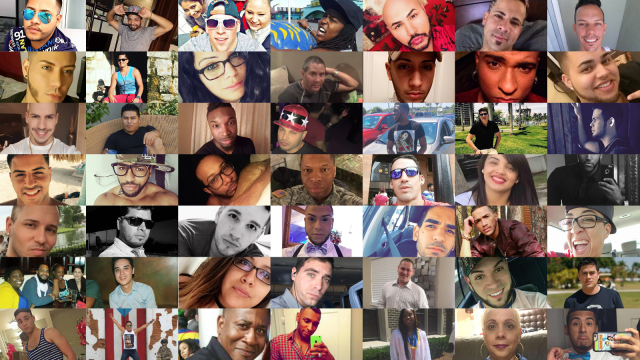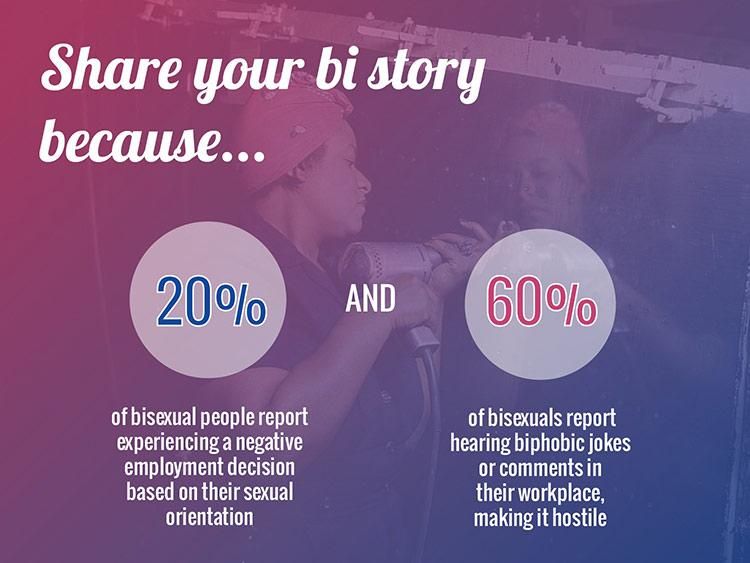“Looking” Stars Jonathan Groff and Russell Tovey: Our Acting Careers “Expanded” After Coming Out

From Tab Hunter to Colton Haynes, Hollywood has always been a tricky landmine for queer actors – regardless of whether they choose to come out or stay in the closet. On one hand, we have actors like Zachary Quinto and Ezra Miller wearing skintight suits in summer superhero blockbusters and TV stars like Nico Tortorella coming out as sexually-fluid. On the other, young actors like Noah Galvin may say stupid stuff, and next thing you know their show could be cancelled.
So, in a time when homophobia in the entertainment industry may not be so overt but still commonplace, Jonathan Groff and Russell Tovey should consider themselves #blessed. The stars of HBO’s Looking: The Movie, which premieres on Saturday, told Queerty that they have not had any personal experiences with homophobia in Hollywood (at least that they’re aware of). In fact, Groff and Tovey both agreed that their careers only got brighter after coming out, even if they have not ascended to the Hollywood A-list as of yet. A sentiment that has been echoed by Quinto. It’s ironic then that the actors in Looking, one of the bluest shows (both literally and figuratively), are the ones comforting us – that being a famous gay man is not always so tragic.
At the Looking red carpet in San Francisco, on the eve of the movie premier, Groff and Tovey talked with Oscar Raymundo about their bittersweet HBO finale, being out and proud in the spotlight, and what they’re really looking forward to next.
We’re so happy HBO is giving the show a proper finale, but are all the storylines going to get wrapped up in a little bow?
Groff: That’s the Michael Lannan-Andrew Haigh way (referring to the creator and executive producer) to give you your happy with your sad. We’ve always been aware of how temporary it is and how beautiful it is. I’m just grateful that we got an end. Period. But it’s sad as much as it is celebratory.
Tovey: And we’re at the Castro Theater. What a perfect sendoff for the show. It’s bittersweet that this is our last time together as a gang in San Francisco, but we’re very, very lucky that we got this film.
[To Tovey] And your character Kevin got to go blond. How does that play into the story?
Tovey: We’re seeing them six months after the end of the last season, so I wanted the character to seem like he’s had a bit of a breakdown. Like, “fuck you, I’m going to change, I’m going to make my hair different.” And when he sees Patrick [Groff’s character] he wants that to be a moment. But he doesn’t realize how immature it is.

Have you guys experienced homophobia in Hollywood?
Groff: I haven’t come across it yet that I’m aware. I came out when I was 23 right after I left Spring Awakening and opportunities for me expanded after I came out. Looking has been my favorite thing that I’ve ever been a part of. And it is very related to coming out and being open and being intimate and being honest with yourself. I never imagined when I came out that work would be better for me, that the experience of being an actor and getting work would improve. Oh sorry, I spit on you.
That’s ok.
Tovey: I haven’t experienced [homophobia in Hollywood], either, but I know others who have. Being a gay actor has actually opened up horizons for me, too, like with Looking. It has been an advantage, totally.
Groff: But I’m aware that it has a lot to do with timing. Had it been 10 years earlier or 20 years earlier, it might have been different. I was in the closet during Spring Awakening. I wasn’t lying and saying that I was straight, but we were so young that no one was asking us in interviews who we were dating.
Who were you dating?
Groff: [Laughs] Oh my god, it’s Armistead. I just have to kiss him really quick.
[At this point during the interview, Tales of the City author Armistead Maupin walks up and starts talking to the actors. Maupin introduces them to his friend].
Noah Galvin recently did an interview, and his show was almost cancelled because of it. Isn’t that weird: We want you guys to do these interviews where you’re honest and genuine, but the moment you speak your mind we drag you for it. Russell, you’ve apologized publicly before. Does it ever feel like you’re under attack?
Tovey: It makes you feel guarded because you want to say the right thing. And sometimes when you speak to [the media], things get taken out of context. Things get said that aren’t meant to be said. LGBT stuff is so important right now. With what happened in Orlando, it gives heightened importance, and it’s brought [the community] closer in a really weird way. It just felt like you knew everyone in that club.

That’s why visibility is so important. Gay teens are going to be stealing their parents’ HBO Go passwords and finding Looking for years to come.
Groff: That’s one of the things I love about the Looking movie is that it explores male intimacy not just with sex but with men relating to each other in an intimate way, whether it’s relationships or friendships. It’s something that we need to see more of. Sorry, I spit on you again. I’m so sorry.
[To Tovey] You want to spit on me too?
Groff: Male intimacy, here it is.
It comes with the job. I read that the Looking producers were envisioning the show going for six seasons. Where would you like to see gay characters on TV be in five or six years?
Groff: As more gay programming comes out, and the torch gets passed and new shows are created about the gay experience, we got to see Patrick in the beginnings of a relationship, but I would like to see him in the real thick of a relationship. Years and years into those complexities. How you keep it alive and where do things go when you stay for a while.
Looking closes a chapter in your career, so I would like to know: What are you really looking forward to next?
Tovey: I’m starting filming Quantico on ABC next month.
Groff: I’m working on Mind Hunter now. It’s David Fincher’s show for Netflix about the birth of criminal profiling in the FBI. I was just filming in Pittsburgh until two in the morning last night.
Well, I was at a Pride party until four in the morning last night, so I totally know what that’s like.
‘Looking: The Movie’ premieres tonight at 10PM on HBO.
Oscar Raymundo is the creator of Confessions of a Boy Toy.
feedproxy.google.com/~r/queerty2/~3/YW0DNxPi4_k/looking-stars-jonathan-groff-russell-tovey-acting-careers-expanded-coming-20160723


































